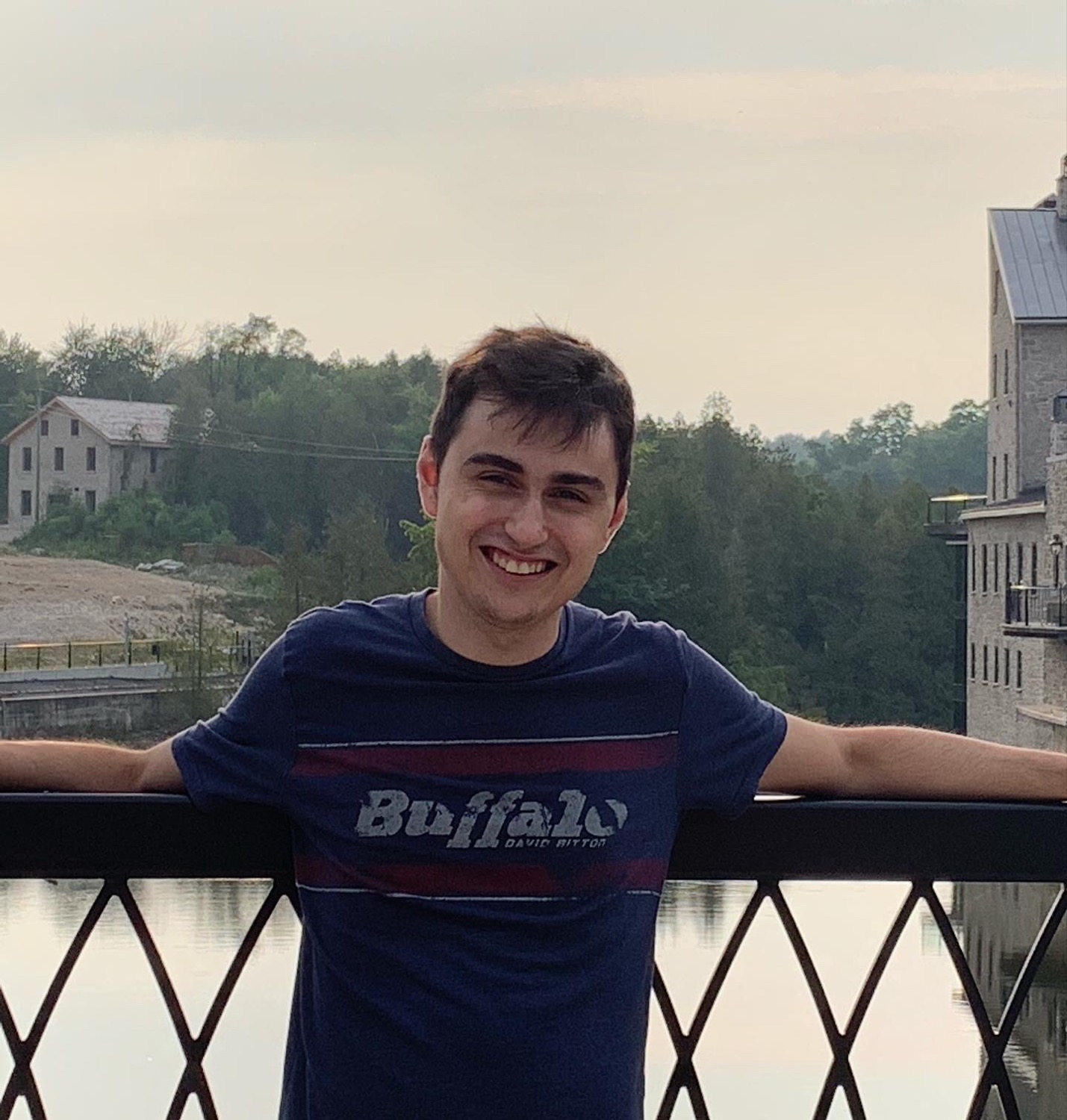High Praise for 'Nine Days'
- Tristan French

- Aug 15, 2021
- 3 min read
Updated: Feb 3, 2022
Who would have thought that the mind behind popular sitcoms such as The Office and Parks & Recreation would have been primarily responsible for popularizing existentialism in mainstream entertainment? Michael Schur’s oddly moving NBC comedy The Good Place proved that audiences of all ages are interested in entertainment that explores broad and complex themes such as death, the meaning of life, and finding one’s purpose. Those ideas were on the mind of many this past year as COVID-19 swept the nation and brought forth a worldwide lockdown that allowed individuals to reevaluate their lives and contemplate their purpose. Pixar, a studio that is already lauded for presenting rather complex ideas to younger audiences, capitalized on the recent interest in existentialism and tackled those themes in their Oscar-winning film Soul. With these two pieces of distinctly pensive media finding their way into pandemic-era pop-culture, they proved that audiences are craving more philosophical and meaningful entertainment, rather than standard mainstream fare. If you desire to stretch your mind even further into the realm of morality and purpose, then Nine Days (2021) is absolutely the film for you.

Edison Oda’s remarkable directorial debut falls right in line with The Good Place and Soul, in the sense that it explores the meaning of life through philosophical and religious concepts, such as the afterlife and before-life. However, it separates itself from the aforementioned material by utilising a more meditative approach that refuses to spoon feed a conclusion to the audience.
Taking place in a realm for unborn souls waiting for the chance to become human, Nine Days stars the highly underrated Winston Duke as Will, a mild mannered man who spends his time in the afterlife working tirelessly as an arbiter-like figure. He lives alone in a quaint house in the middle of a deserted area, with his only sense of companionship coming from Kyo (played brilliantly by Benedict Wong, in his most understated and reflective role to date), an unborn soul who never disappeared from the realm and now assists Will in his duties. Every so often, several unborn soul’s appear in the realm. After a rigorous interview process that spans nine days, Will chooses one candidate and grants them the opportunity to be born as a human. The candidates who are not selected are given one parting memory (often a fabrication of an experience that they wish they were able to have on earth), before their existence is erased entirely.

Will takes his job very seriously, as he carefully watches the lives of his chosen souls unfold before his eyes on a series of monitors placed around the house. It is clear early on that despite once being a pure soul who embraced everything that life had to offer, his experiences have caused him to have a jaded perception of humanity that has left him in a deep state of depression. He watches the monitors carefully to see if one of his chosen souls can overcome the hurdles that life throws at them, but as time goes on, he becomes certain that humanity is a doomed race.
However, when a new batch of candidates arrive in the realm, a curious and enthusiastic soul named Emma (Zazie Beats), reminds Will of his former self and challenges his negative outlook on life.

Packed with subtle yet dynamic performances, rich dialogue, and some of the most jaw-dropping cinematography you will see all year, Nine Days is an absolute knockout. Edison Oda proves that he is certainly a filmmaker worth watching out for by striking a perfect balance between science-fiction, fantasy, and realism. He is able to transport audiences to another world, while also remaining grounded enough to offer a genuine commentary on the meaning of life. Sharing too many more details might ruin its mysticism, as its ties to religion will affect each viewer differently. It is thus up to the audience to think upon their own interpretations.

Nine Days could not have come out at a better time, as it captures many of the feelings that we as a society have struggled with throughout the pandemic (isolation, depression, loss of purpose). However, the film provides hope and acts as an important reminder of the beauty that life has to offer. It is an essential piece of humanist filmmaking that everyone should seek out and is absolutely one of the best films the year has to offer.
-Tristan



Comments